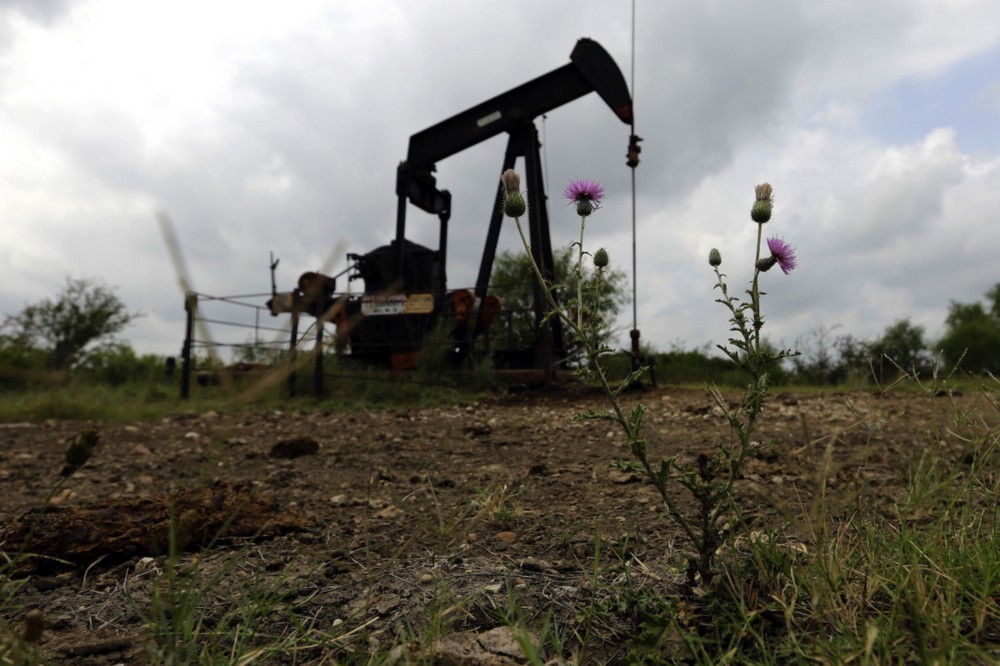Peak oil demand can’t be far away when the CEO of one of the world’s largest oil companies says his next car will be an electric vehicle.
Last week, Bloomberg TV asked Ben van Beurden, CEO of Royal Dutch Shell, what the implications of the electric vehicle revolution might be for the oil giant, with countries like the UK and France planning to ban gasoline and diesel cars outright by 2040.
“The next buy I do is my next car, which will be an electric vehicle,” was Van Beurden’s surprise answer. Shell is Europe’s biggest oil company — indeed, its biggest company of any kind — with $272 billion in revenues last year.
A Shell spokesman told Bloomberg the CEO will get a plug-in Mercedes-Benz S500e in September, while the Chief Financial Officer “already drives a BMW i3 electric car.”
“The whole move to electrify the economy, electrify mobility in places like northwest Europe, in the U.S., even in China, is a good thing,” continued Van Beurden. “We need to be at a much higher degree of electric vehicle penetration.”
And much higher penetration is coming. Lithium-ion batteries prices are half of what they were in 2014, and they keep plummeting. Bloomberg New Energy Finance (BNEF) forecasts electric vehicles (EVs) will be as cheap as gasoline cars by 2025 and keep dropping in price until they overtake sales of petrol-powered cars in the 2030s, by which time they will be displacing more oil than Saudi Arabia produces today.
In a March speech,Van Beurden said the transition to a low-carbon economy built around renewable electricity and electric cars is “unstoppable.” That month, Shell sold off 90 percent of its Canadian tar sands assets, and in May it launched a new business unit focused on renewables.
The Shell CEO told Bloomberg TV that “if policies and innovation really work well, I can see liquids peaking in demand in the early 2030s and maybe oil will peak a little bit earlier if there’s a lot of biofuels coming into the mix as well.”
So, oil demand might peak around 2030. BNEF pointed out last year that a global glut of just 2 million barrels a day is what triggered the 2014 oil price collapse. They’ve already told investors to expect the big crash in oil as soon as 2023.
We are at the beginning of the end of the fossil fuel era.


